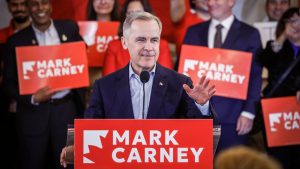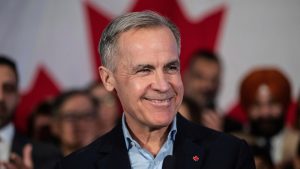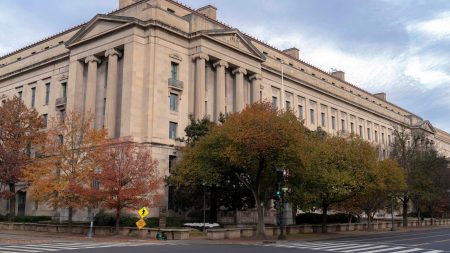Stand Up for Science: A Rally for the Future of Research
Introduction: A Call to Action
In a powerful display of solidarity, researchers, doctors, patients, and supporters gathered in Washington, D.C., and across the nation to voice their concerns against the Trump administration’s policies impacting science funding. The "Stand Up for Science" rally, held at the iconic Lincoln Memorial, was a call to action against funding cuts and policy changes that threaten critical research areas, including health, climate science, and diversity initiatives.
The Impact on Scientific Progress
The rally highlighted the alarming consequences of recent policy decisions on scientific advancement. Notable figures like Dr. Francis Collins, former Director of the National Institutes of Health, emphasized the risk to progress in combating diseases such as Alzheimer’s, diabetes, and cancer due to budget cuts. The administration’s shift in focus is not only endangering future breakthroughs but also halting current momentum in health and climate research.
A Rally with Diverse Voices
The event featured a diverse lineup of speakers, including Nobel laureate Victor Ambros, Bill Nye, and former NASA chief Bill Nelson. Patients with rare diseases shared their personal stories, illustrating the human impact of reduced funding. Organizers, primarily graduate students and early-career scientists, underscored the global implications of these cuts, as similar protests unfolded worldwide, including over 30 in France.
The Broader Movement for Science
The rally was part of a larger movement, reflecting a global concern for the future of science. Protests across the world demonstrated the widespread impact of funding cuts and policy changes. The organizers emphasized that science is a global public good, and the current challenges facing the U.S. have far-reaching consequences.
Challenges to Diversity and Inclusion
The event also addressed concerns about diversity and inclusion, as the administration’s policies threatened initiatives aimed at equity in research. A doctoral student highlighted how changes in grant reviews, focusing on gender-related terms, have jeopardized her work on compulsive alcohol use, which differs significantly between genders.
Conclusion: The Fight for Science Continues
The rally served as a testament to the resilience of the scientific community and its commitment to advocating for the importance of research. As the movement grows, the focus remains on the essential role of science in addressing global challenges and improving lives. The protesters vowed to continue their fight, ensuring that scientific progress remains a priority.















